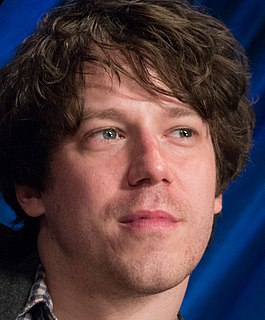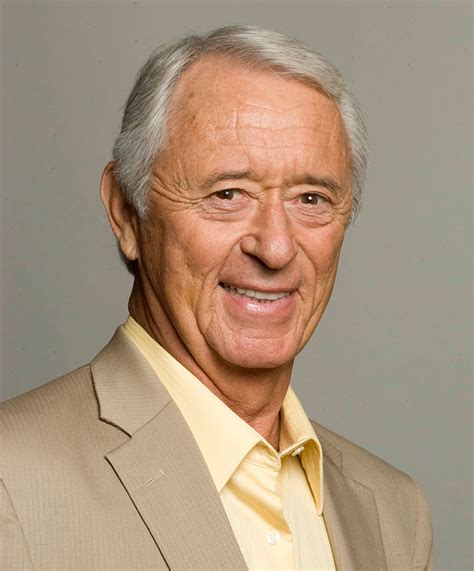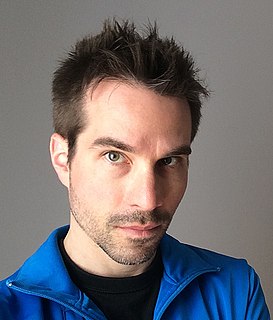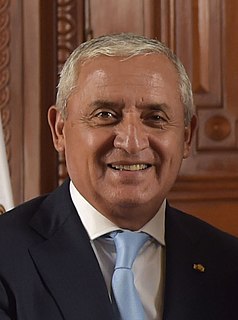A Quote by John Gallagher, Jr.
Most of the people we see don't want to live in a shelter and feel save in their own little camp. Experience has taught me that almost 100 percent of these people suffered abuse as children. Well over half have emotional, mental problems. Most have drug and alcohol problems.
Related Quotes
Living in the rural South, you sometimes feel trapped, like you don't have any options. It grinds people down, and of course it leads to substance abuse. I see it all around me. So many people in my family, probably more than 50 percent, have had substance abuse problems, either currently or in the past. It's so personal and immediate to me.
Indeed, my conclusion from a lifetime of psychohistorical study of childhood and society is that the history of humanity is founded upon the abuse of children. Just as family therapists today find that child abuse often functions to hold families together as a way of solving their emotional problems, so, too, the routine assault of children has been society's most effective way of maintaining its collective emotional homeostasis.
One reason most people never stop thinking is that mental frenzy keeps us from having to see the upsetting aspects of our lives. If I'm constantly brooding about my children or career, I won't notice that I'm lonely. If I grapple continuously with logistical problems, I can avoid contemplating little issues like, say, my own mortality.
Alcohol and drugs are not the problems; they are what people are using to help themselves cope with the problems. Those problems always have both physical and psychological components- anything from anemia, hypoglycemia, or a sluggish thyroid to attention deficient disorder, brain-wave pattern imbalances, or deep emotional pain.
The problems in the world today are not political problems, they are not economic problems, and they are not military problems. The problems in the world today are spiritual problems. They have to do with what people believe. They have to do with our most fervently held thoughts and ideas about Life, about God, and most of all, about ourselves, and our very reason for living.
If you've heard Hillary Clinton's recent remarks on Ritalin and other drug use on children, you'll find the usual nauseating demagoguery. She appears to be urging Ritalin caution; but, if you listen carefully, she's calling it a miracle drug: "A Godsend for emotional and behavioral problems, for both children and their parents." She insists her efforts are not an attack on the medical treatment of children's emotional well-being because the drugs are very, very "useful."
Problems are hidden opportunities and constraints can actually boost creativity. If you have some crazy ideas in your mind, and that people tell you that it's impossible to make, well, that's an even better reason to want to do it, because people have a tendency to see the problems rather than the final result, whereas if you start to deal with problems as being your allies rather than your opponents, life will start to dance with you in the most amazing way.




































